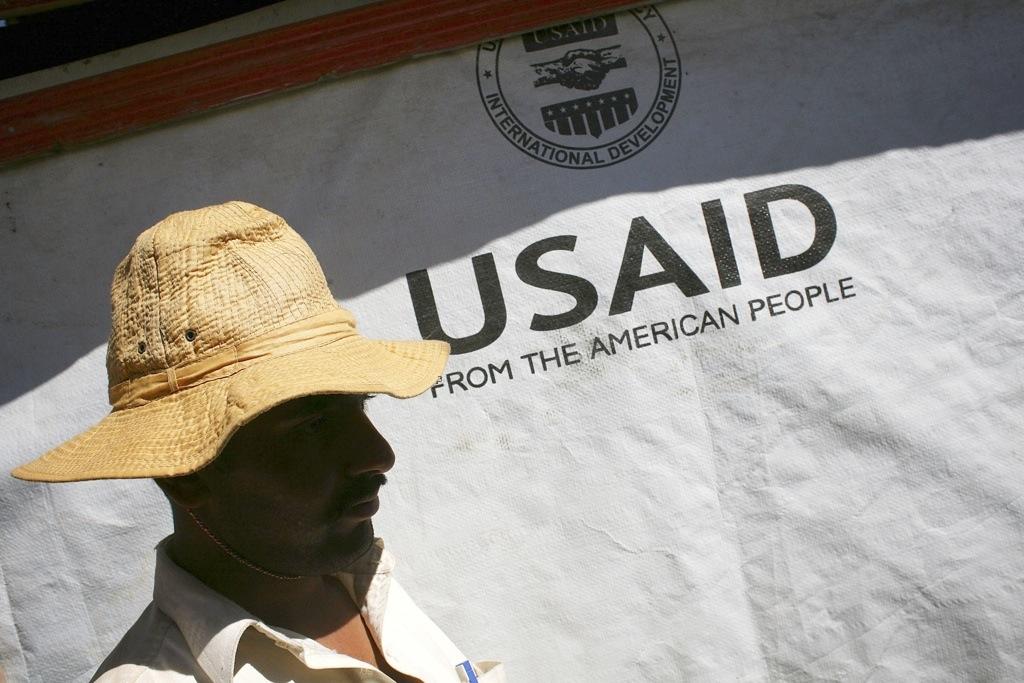US tries to make friends in Pakistan
An Australian has been jailed in the US for trying to steal American government aid money in Afghanistan.
In opinion polls conducted in Pakistan, the United States fairs only slightly better than Al Qaeda, something it is hoping to change by advertising the amount of civilian aid it provides to the country's most-troubled regions.
A Pew Research Center survey conducted after the U.S. raid that killed Osama bin Laden in Pakistan found that just 12 percent of Pakistanis have a postive view of the United States. Al Qaeda and the Taliban, by comparison, received similar approval ratings.
Many Pakistanis say that the United States does not have their best interests in mind and point to the increasing number of unmanned drone attacks on their country as evidence. Those strikes, which the United States says target suspected militants, have killed hundreds, by some estimates thousands, of civilians since 2004 when they began.
(GlobalPost in North Waziristan: Obama's Hidden War)
Although the United States suspended upwards of $800 million in military aid to Pakistan last month, they still have earmarked $7.5 billion in civilian aid over the next five years. That money goes primarily to local aid groups working to provide basic necessities to communities living in Pakistan's volatile tribal regions along the border of Afghanistan — the same regions regularly bombed by U.S. Predator and Reaper drones.
In order to combat the negative perceptions caused by the drone attacks and to try and win over more hearts and minds, the United States now wants the Pakistani aid groups to advertise that they are receiving its funds.
Those aid groups however say that such information would do little to offset the damage caused by civilian casualties and the fear felt among local populations that at any time a bomb could strike their villages. And, more importantly they say, advertising their affiliations with the United States would likely endanger their missions.
Most of these groups are operating in places where militant networks still hold significant sway and regularly attack those thought to be working for either the U.S. or Pakistani governments. In 2010, for instance, militants attacked World Vision, a U.S.-based Christian aid group that is helping survivors from the 2005 earthquake, killing six Pakistani employees.
The Associated Press reported today that 11 prominent charities signed a letter last fall asking the U.S. Agency for International Development not to require aid in Pakistan to be branded with its red, white and blue logo.
“There was just a complete contradiction between the U.S.’s own security protocols for their employees and their staff and then the risks they were expecting the NGOs to take on in the name of branding and hearts and minds,” Joel Charny, vice president for humanitarian policy and practice at InterAction, said.
The United States is increasingly focusing its efforts in the war on terror on Pakistan, where a number of the group's leaders are believed to be hiding, as well in Yemen and Somalia.
The story you just read is accessible and free to all because thousands of listeners and readers contribute to our nonprofit newsroom. We go deep to bring you the human-centered international reporting that you know you can trust. To do this work and to do it well, we rely on the support of our listeners. If you appreciated our coverage this year, if there was a story that made you pause or a song that moved you, would you consider making a gift to sustain our work through 2024 and beyond?
